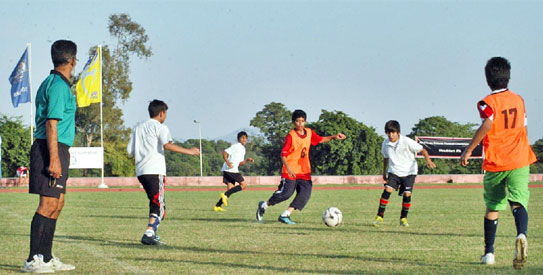By Shahrukh Sohail, Chief Editor, Islamabad
The tall claim of Pakistan boasting talent to rival any country in the world has been omnipresent throughout the nation’s short history. A former Pakistan U-19 player, who was attached to the famous Young Men Football Club of Rawalpindi, even reiterated that if the Pak Shaheens squad was picked on merit, the team could qualify for the FIFA World Cup.
Wishful thinking? Or a sad reality? A case of both when you analyze the football culture and setup from top to bottom.
Yes, there is no doubt about the talent Pakistan produces, but the problem is that raw talent is simply not good enough to compete with the rigours of professional and international football.
The Pakistan Premier League is supposed to be a hotbed of young talent that gets polished and developed for the National Team. However, the ad-hoc season and lack of a professional approach means that either talent goes wasted or is never picked in the first place.
None of the teams in Pakistan’s top flight have youth development program in place to develop tomorrow’s stars. Let’s leave that aside; they don’t even have a reserve league for their benchwarmers.
You look at what neighbours have in their arsenal and one could understand if the likes of Nepal, India and Afghanistan were dominating Pakistan in a matter of years.
The Lions of Khorasan established a Premier top division, with a focus on youth development and long-term gain alongside corporate sponsorship and extensive media coverage. While a centre of football like Nepal’s famed ANFA Academy is what Pakistan really needs at this point and as fate would have it, it was 15-year-old Bimal Gharti Magar of this very setup that destroyed the Pak Shaheens’ chances of playing in the semi-final of the 2013 SAFF Championship.
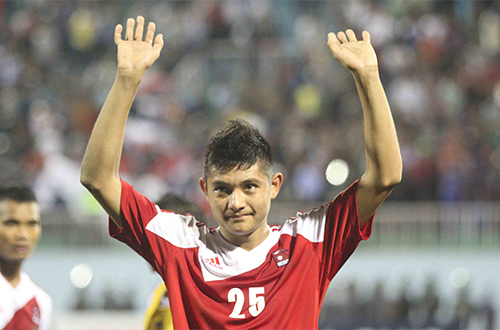
Moreover, you look at India and their I-League, which is by far the most developed top flight in South Asia. The U-19 I-League is another major step towards that and because of the AIFF’s anonymity from ownership of the League; it grew exponentially with clubs realizing they are responsible for their own bright future.
Pune FC took this to heart and their comprehensive youth program plan taps local talent and polishes them for the first-team – something which no other side in South Asia has done with such professionalism and vision. And their deserving a prize? A chance to compete in the AFC Champions League from next season.
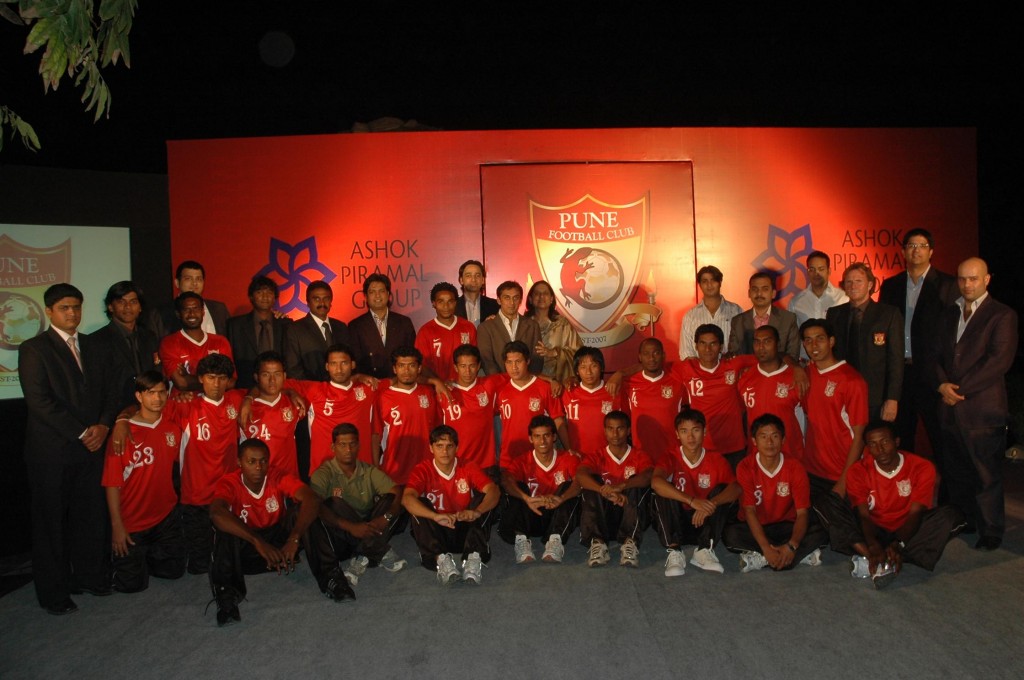
This places India miles ahead of us in World Cup qualification a few years down the road and with no proper plan in place, PFF President Faisal Saleh Hayat’s bold statement of playing in Qatar 2022 might come back to haunt him.
Yes, Pakistan organizes a U-16 and U-19 championship almost every year, but is that really all we can do to tap our footballing potential?
First and foremost, is the professionalization of the Pakistan Premier League or complete revamp like what Australia did after the Crawford Report in 2003. The Geo Super League of 2007 and 2010 are proof that such measures would yield great rewards and you only have to look at Mohammad Riaz to understand.
The youngster was only 15 when he was crowned the best player in the 2010 edition of the Super League, after which he was snapped up by KESC and later fast-tracked to the National Team, where he put up a great display in the 2013 SAFF Championship.
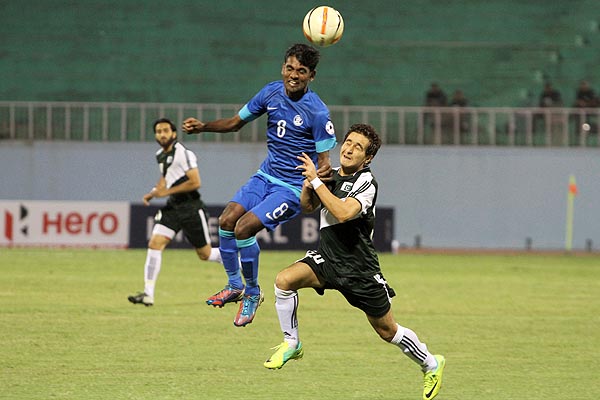
Why doesn’t Pakistan develop talent even though there are football academies everywhere in the country?
It’s down to the flawed ideals that clog each ground, where making money is the sole aim.
Look at Model Town Football Club/Academy in Lahore. They have envious facilities which even the Pakistan National Team uses and a decent coach in Khaled Khan, who has an AFC C-License and plenty of International experience, yet they haven’t produced a single quality player since their inception that has gone onto represent the Pakistan Senior Team.
Ironically, the last MTFA/MTFC player who made it to International level was Khaled Khan himself!
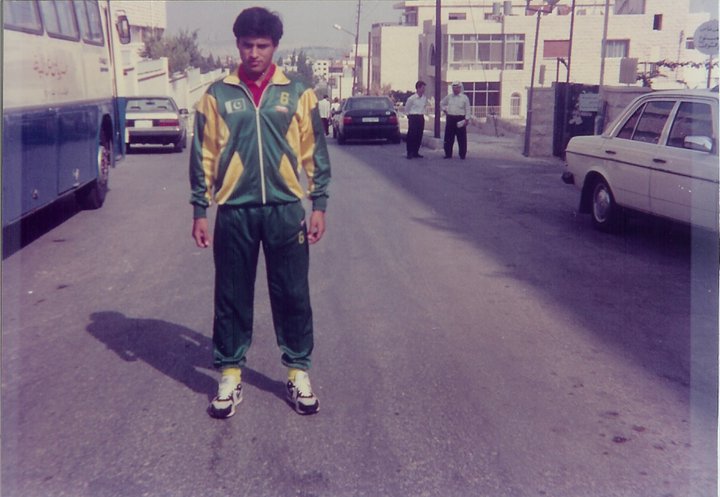
Sad realities, but they are plenty of positives as well, with many coaches and players taking matters into their own hand when it comes to youth development.
Karachi United is perhaps the most famous answer when it comes to defying these norms in Pakistan.
Setup in 1996, the Academy has focused on young development and has then gone to churn out quality players on a regular basis.
“The objective behind setting up KUFC in 1996 was and remains achieving football excellence by aiming to become the best team in Karachi, then Pakistan and beyond. Further, our objectives are to also bring professionalism into football and community development through football. The last objective is now being separately focussed on by the Karachi United Football Foundation (KUFF),” said Taha Ali Zai, who has been with the club since its inception.
“Over the last 17 or so years, we have placed great emphasis on forum development and generally promoting football, at times, even at the expense of the Club, as we believe it’s important to develop football in totality.”
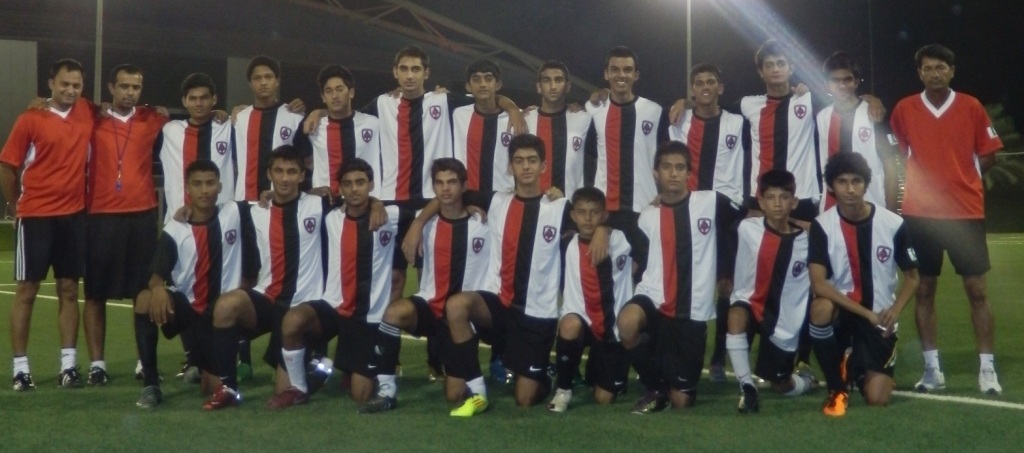
“The youth program was set up in 2001 by our Youth Director Imran and the rationale was the same as for most youth set-ups i.e. to nurture home-grown talent. Within the broader youth set-up, the top talent emerges to become part of the Academy set-up, which represents the Club at youth level. The best Academy players then play for the Club team,” he added.
“Essentially we start of at age 4 all the way up to age 20. Each group is divided into two to three year segments for e.g.; 4 to 6 etc. We have various centres across Karachi (under the FC and FF umbrellas). The eventual aim is to have a full fledged academy along the lines of La Masia where the top talent (of not only Karachi but all of Pakistan) come to attend and obtain not only the best coaching but also education etc,” continued Taha.
Kareem Kerai is famed throughout Pakistan after shining in the Karachi League and was prominently noted as the standout star when GEO Super aired the KUFC Schools Championship. Although, Kareem surely has natural talent in abundance, it was Karachi United’s youth setup that eventually saw him reach this level and according to Taha Ali Zai, he is not the only player to have made his mark on the Pakistani game.
“Daniyal Alvi and Kareem Kerai are the two most famous products as they were selected for provincial teams as well as national teams’ trials. However, our Academy system has produced a host of other top players including the likes of Moiz Salahuddin (has played over 163 games for the Club), Shahab Raza (played division one collegiate level in the US), Atif Sachak and Ali Raza, to name just a few,” he added.
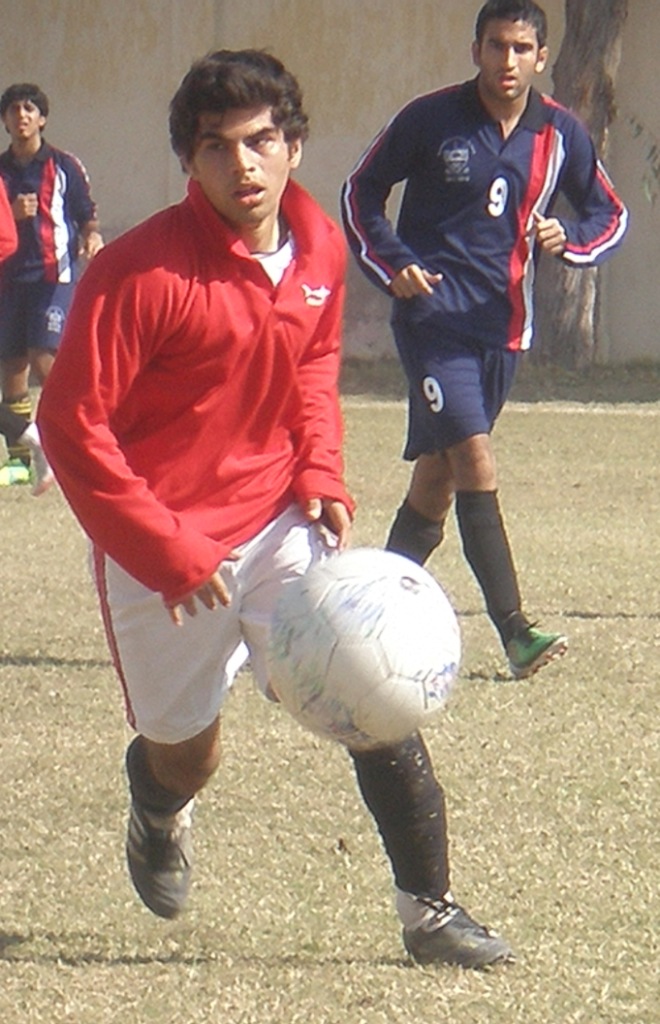
“ Since 2005 i.e. our first youth academy graduating class, in the last 8 years, we have seen as many as 40 plus players representing the Club team i.e. an average of 5 players a season, which is a tribute to the efforts of our coaches and kids.”
Coaches blame the lack of finances for not setting up similar models, but commercialization and sponsorships are the way forward and without a corporate professional or mentality present, other academies simply fail to match KUFC’s high standards.
Taha agrees with this notion, but was keen to add that there is no full-time residential academy in Pakistan to cultivate talent like the world’s top sides do.
“While there are a number of academies, many are plagued with a host of issues, right from lack of structure, lack of finances, poor coaching, infrastructure issues and lack of a vision. A proper system and criteria has to be established. Significantly, to our knowledge, there is no proper full time Academy ala La Masia etc where the youth are getting full time education and football coaching,” he said.
“This is critical for long term football development. The 5 year old of today will develop into the 20 year old star after 15 years if the proper academy model providing education, proper coaching, diet etc are provided.”
Many academies earn lucrative sums every month, but their aim is greed, not developing football and that’s one of the main reasons why Pakistan’s raw talent never makes it to the surface, something which Taha wholeheartedly agrees with.
“There are certain set-ups who are only interested in the commercial side. This is unfortunate as while ensuring viability of the program etc is critical, it shouldn’t be at the expense of football. When making money overrides the passion and vision, then the results will be average, at best,” the KUFC official added.
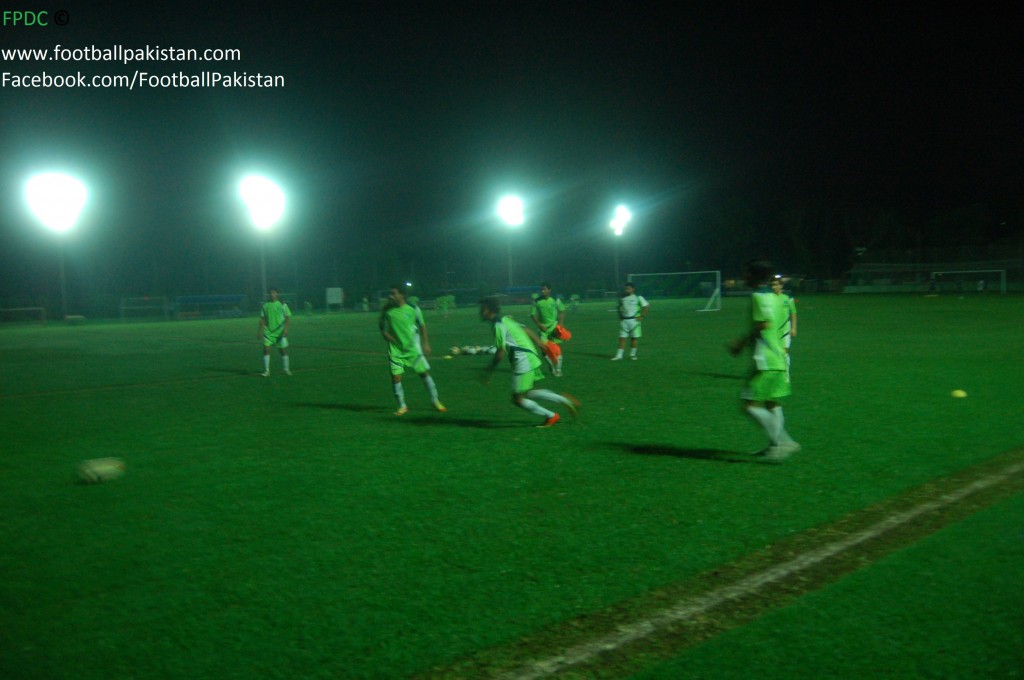
Karachi United is a cut above the rest, but even the assortment of stars they produce are not found on the International arena or with Pakistan.
This again points to the lack of a professional league, where budding footballers can be signed up and are provided with sufficient wages that showcase football as a potential career.
For most well-off players that is the biggest deterrent and eventually saw KUFC’s Rehan Munir decline a call-up to the Pakistan National Team and instead focus on his education at Agha-Khan University.
Munir, a reported graduate of the fabled Lyon Academy, has continuously been rated as one of the best strikers in Pakistan, but owing to his educational commitments and lack of a future in Pakistani football, he chose not to attend the training camp for the 2014 FIFA World Cup qualifiers.

One wonders if we had a League with corporate sponsorships and a long-term growth plan, players such as Rehan could have easily been persuaded with decent salaries, but alas, the PFF has made no real effort to support such endeavours.
Football structures are pivotal to success on the International arena, but Pakistan is plagued by another equally troubling problem – nepotism, or more commonly referred to as ‘parchi players’.
Yes, this is prevalent in youth teams to a certain extent, but the Pakistan Senior Team is picked on merit and anyone who disagrees is clearly not familiar with the squad.
The case is raised is that players who are rumoured to be more talented than the current National Team are not picked. But for that there is an easy explanation. The Premier League is Pakistan’s top flight and accordingly it should have the best talent available that can be watched and chosen for the National side.
However, it’s the departmental teams that select these players and since they are not professional clubs, they don’t have scouting networks, they don’t hold regular trials, and heck most of them don’t even offer football contracts! It’s a job for life, which is quite attractive for players belonging to a humble background as they get to play and enjoy financial security after the end of their careers.
This usually means that talented players don’t get signed and thus when coaches like the current Mohammad Al-Shamlan come to select the National side, all they see is the talent in the PPFL and subsequently these players get selected.
Pakistan is not at the forefront of the Asian game because are teams are pre-picked, it’s because we don’t have enough football development and we don’t have enough International calibre players coming through the ranks to put on the green jersey.


